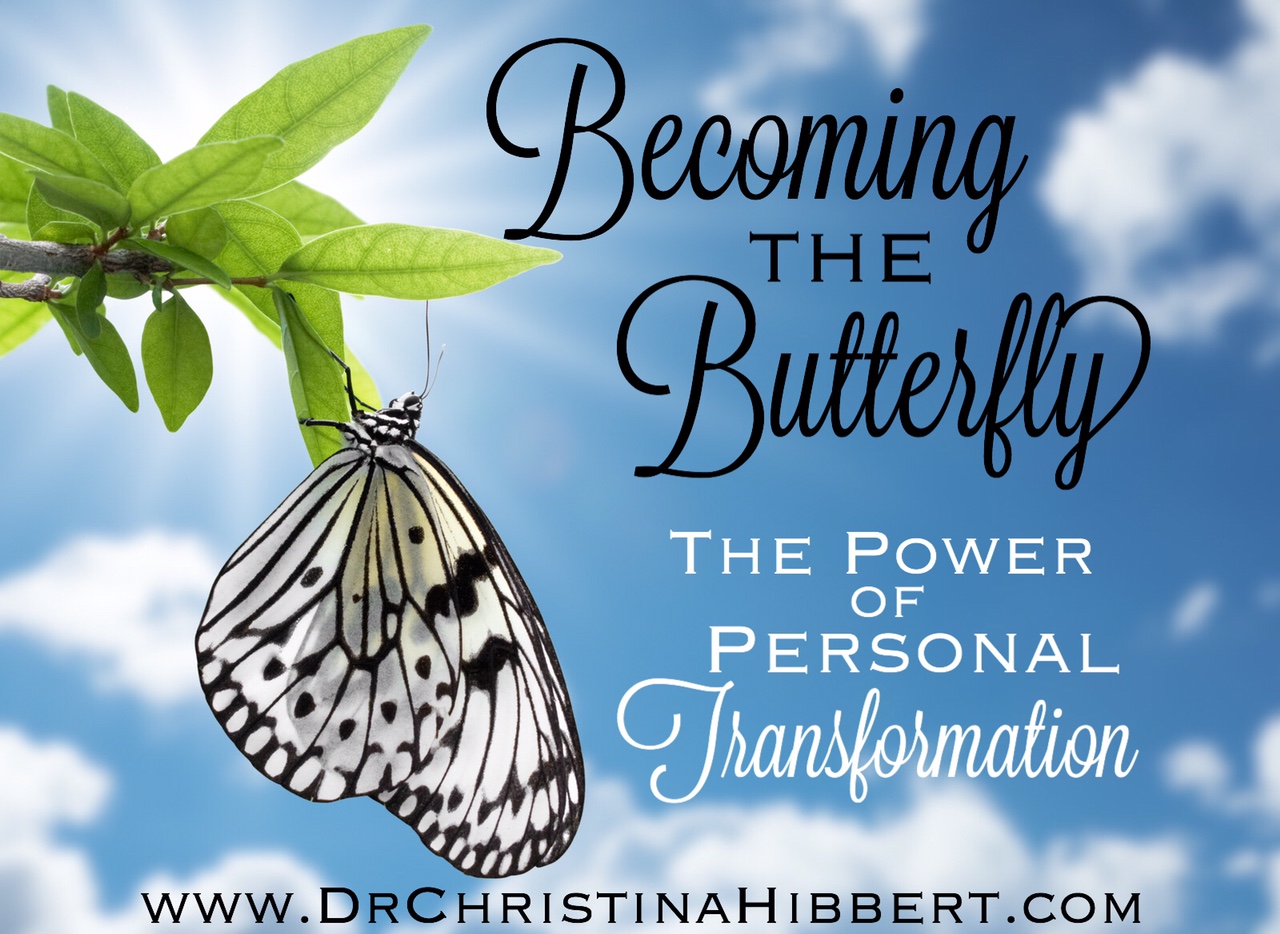Why Sometimes Losing Someone Means Finding Yourself
Why Sometimes Losing Someone Means Finding Yourself
Life has a peculiar way of teaching us profound lessons through loss. While losing someone important feels devastating in the moment, these experiences often become the catalyst for our greatest personal transformation. Understanding why loss can lead to self-discovery helps us navigate heartbreak with purpose and emerge stronger on the other side.

The Paradox of Loss and Self-Discovery
When someone exits our life—whether through a breakup, friendship ending, or any significant separation—we're forced to confront parts of ourselves we may have neglected. These people often held space in our identity, and their absence creates a void that demands our attention. This uncomfortable emptiness is actually the beginning of profound self-awareness.
Think of your life as a story with main characters, supporting roles, and minor appearances. Not everyone is meant to stay for the entire narrative. Some people enter our lives to teach specific lessons, shape certain perspectives, or guide us through particular chapters. Once their role is complete, their departure makes room for our next phase of growth.
Why We Lose Ourselves in Relationships
Before we can find ourselves, we often need to recognize how we lost ourselves in the first place. When deeply connected to someone, our identities naturally merge. We adopt shared beliefs, compromise our preferences, and sometimes sacrifice our authentic selves to maintain harmony. This isn't inherently negative—it's part of human connection.
However, problems arise when we lose track of where our identity ends and theirs begins. You might catch yourself wondering: What do I actually enjoy? What are my goals separate from this relationship? Who am I without this person? These questions signal that personal boundaries have blurred.

The Transformation Process: From Lost to Found
Finding yourself after loss isn't an overnight revelation—it's a gradual transformation similar to a caterpillar becoming a butterfly. The process requires breaking down your old identity before rebuilding a stronger, more authentic version. Here's what this journey typically involves:
The Initial Shock and Grief
Loss hits hard initially. You might feel like you're wandering through fog, unable to recognize yourself or understand your purpose. This disorientation is normal and necessary. You're essentially mourning not just the person, but the version of yourself that existed in that relationship.
The Uncomfortable Awakening
As the fog clears, uncomfortable realizations emerge. You might discover you've been living according to someone else's expectations, suppressing your true desires, or tolerating situations that don't align with your values. This awareness, though painful, is the foundation of transformation.
The Rebuilding Phase
This is where the magic happens. You begin making decisions based solely on what you want. You rediscover old passions or develop new ones. Your opinions solidify without external influence. You learn to distinguish your authentic thoughts from conditioned responses. You become decisively yourself.

Signs You're Finding Yourself After Loss
How do you know you're actually finding yourself rather than just surviving? Watch for these indicators of genuine self-discovery:
- Clear Boundaries: You know what you will and won't tolerate in relationships
- Authentic Choices: Decisions reflect your values, not external pressures
- Comfortable Solitude: Being alone feels peaceful rather than lonely
- Self-Trust: You rely on your judgment without constant external validation
- Purposeful Direction: Your life path feels intentional rather than reactive
The Gift Hidden in Goodbye
Here's the beautiful truth many discover only in hindsight: sometimes people leave our lives not because we failed, but because we no longer need what they offered. Their love, support, or companionship served its purpose in your development. Now you possess the strength, wisdom, or self-awareness to continue without them.
This doesn't diminish what you shared or mean you can't miss them. The memories, lessons, and love remain part of your story. But you're no longer dependent on their presence to feel whole. That independence is the ultimate gift of loss—the realization that you are complete on your own.

Moving Forward: Life After Loss
Finding yourself after losing someone isn't about forgetting or diminishing what you had. It's about honoring the experience while choosing to grow from it. The person you're becoming—more self-aware, resilient, and authentic—is the person you were always meant to be. The loss simply accelerated your journey.
Embrace the messy middle. Life isn't meant to be tidy or linear. The confusion, tears, and questioning are all part of your transformation. One day, you'll look back and realize that losing someone was actually how you won yourself back.
Frequently Asked Questions
How long does it take to find yourself after losing someone?
There's no universal timeline for self-discovery after loss. Some people experience significant breakthroughs within months, while others need years. The duration depends on the relationship's depth, your self-awareness level, and your willingness to engage in introspection. Focus on progress, not speed.
Is it selfish to focus on finding myself after a breakup?
Absolutely not. Prioritizing self-discovery after loss is essential, not selfish. You can't show up authentically in future relationships if you don't know who you are. Taking time to rediscover yourself ensures you enter your next chapter as a complete person, not someone seeking completion through others.
What if I don't recognize who I'm becoming?
Feeling unfamiliar with your evolving identity is normal and often positive. You're shedding conditioned patterns and revealing your authentic self. This unfamiliarity indicates genuine transformation. Give yourself grace to explore this new version without judgment.
Can I find myself without losing someone first?
Yes, though loss often accelerates self-discovery because it forces change. You can proactively pursue self-awareness through therapy, journaling, solo adventures, and intentional introspection. However, many people report that loss provided the necessary catalyst for transformation they'd been avoiding.
Your Journey Begins Now
If you're currently navigating loss, know that your pain has purpose. Every tear, sleepless night, and moment of confusion is reshaping you into someone stronger and more aligned with your truth. The person you're becoming will thank you for enduring this difficult season.
Remember: you haven't lost the game just because you lost someone. If you emerge from this experience with greater self-knowledge, clearer boundaries, and authentic direction, you've actually won the most important prize—yourself.
Did this resonate with you?
Share this article with someone navigating their own journey of loss and self-discovery. Sometimes knowing we're not alone in the transformation makes all the difference.